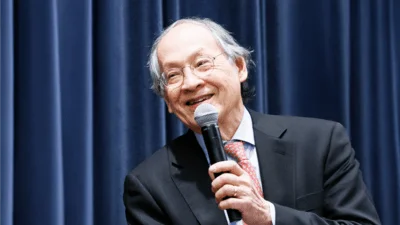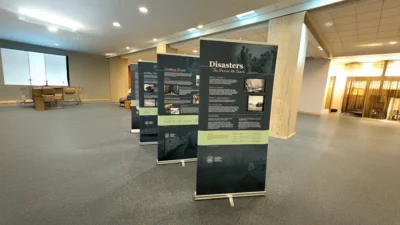Los Alamos National Laboratory announced that Ruth Skoug, from the Space Science and Applications group, has been named a fellow by the American Geophysical Union (AGU). She is one of 63 new fellows for her significant contributions to experimental space plasma physics in the solar wind and magnetosphere, according to a press release by Los Alamos National Laboratory.
Skoug earned her doctoral and master’s degrees in physics from the University of Washington and her bachelor’s degree in physics and mathematics from St. Olaf College, as stated by Los Alamos National Laboratory.
Ruth Skoug is actively involved in examining solar wind electron and ion plasma data from spacecraft instruments throughout the solar system, where she leads the science analysis teams. Her work includes the construction, calibration, and operation of these instruments, for which she's earned NASA Group Achievement Awards. Presently, she serves as the principal investigator for NASA's Interstellar Mapping and Acceleration Probe mission. Skoug is a specialist in solar wind, magnetospheric plasma dynamics, and charged particle instrumentation for space physics. Her research encompasses space plasma instrument development, solar wind electron analysis, interplanetary coronal mass ejections, solar wind variability, magnetosphere global imaging, and ion composition during geomagnetic storms, according to a press release by Los Alamos National Laboratory.
“Ruth’s research has played a major role in the understanding of both solar wind physics and magnetospheric physics,” said Nancy Jo Nicholas, associate Laboratory director for Global Security, according to a press release by Los Alamos National Laboratory. “I congratulate her on this much-deserved recognition.”
AGU is a global organization with over 500,000 members, uniting professionals in Earth and space sciences. They collaborate through diverse partnerships, promoting discovery and solution science with ethics, inclusivity, and community respect. AGU's initiatives involve scholarly publishing, organizing events, and providing career support, reflecting their commitment to values such as a net-zero energy building in Washington, D.C., and the Ethics and Equity Center for a diverse and inclusive geoscience community. Founded in 1919, AGU was an affiliate of the National Academy of Sciences for over 50 years before gaining independent incorporation in 1972 according to the AGU website.









